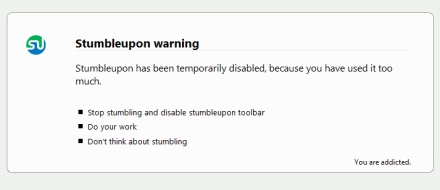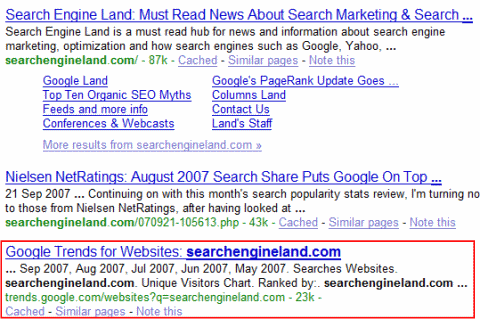The Best $20 I Have Ever Spent on Link Building
I recently started working on a new design agency site called Kosh Creative, it’s ran by a guy called Ben Smith, he is doing some design work for me in exchange for help with SEO.
I’ve been doing the usual link building stuff, getting it listed in directories, giving it a bookmark here and there and because it is a nice looking site getting it featured in CSS galleries.
When I was searching for CSS galleries to submit to I came across this site called The CSS Gallery List offering me a deal where for $20 they will submit you to 87 CSS directories. Now I never buy directory submission services from anywhere, I always do them myself by hand, mainly because they always submit you to crappy linkfarms, but this site was offering me submissions to quality well designed sites with good PageRank and unique features so I gave it a shot.
I have got to say that I am absolutely amazed at the results, less then 24 hours after I purchased the service, CSS gallery listings were showing up on Google, many of them with labelled dofollow image links going directly to the Kosh Creative website. Plus because I submitted the website title as as Kosh Creative Design Agency instead of Kosh Creative many of the links had good anchor text.
The best part about this though is the traffic, before I bought the pack the Kosh site was only getting a few visitors, about 10-25 a day. I bought the package on Tuesday the 26th of May and immediately it started getting more visits, here are the site’s visitor traffic levels for the last 7 days according to Google analytics:
25/05 – 22
26/05 – 53
27/05 – 59
28/05 – 58
29/05 – 597
30/05 – 401
31/05 – 292
As you can see on Friday the traffic just exploded, this is because it got featured on CSS Mania and a couple of other biggish ones. Here are the 10 CSS galleries that have sent the most traffic to Kosh so far:
- CSS Mania – 846
- CSS Based – 31
- CSS Leak – 28
- CSS Motion – 18
- QNT – 15
- Best CSS Gallery – 11
- CSS Cookie – 10
- CSS Websites – 9
- Best CSS Vault – 8
- CSS Fury – 8
So let me break this down for you for $20 I got the Kosh Creative website about 30-40 links on separate high PageRank sites, most of the links pass juice, many of them even have good anchor text and to top it off the links have sent a shit load of targeted traffic (because the site is in the design industry). The traffic has already gained the site about 6-7 delicious bookmarks over the weekend and I am sure it will lead to Ben getting work.
I know some of you might say well linkbaiting can be even cheaper and it can, but most of the time it is hard god dam work, this isn’t, it took me like 30 seconds to fill in that form and look what I got out of it.
It probably won’t be anywhere near as successful if you have a plain looking site like this one because it won’t get accepted in most of them, but if you have a good looking site that you are trying to promote it is a great way to spend $20 on link building.
Get yourself over to The CSS Gallery List and give it a whirl, you will not be sorry.


































